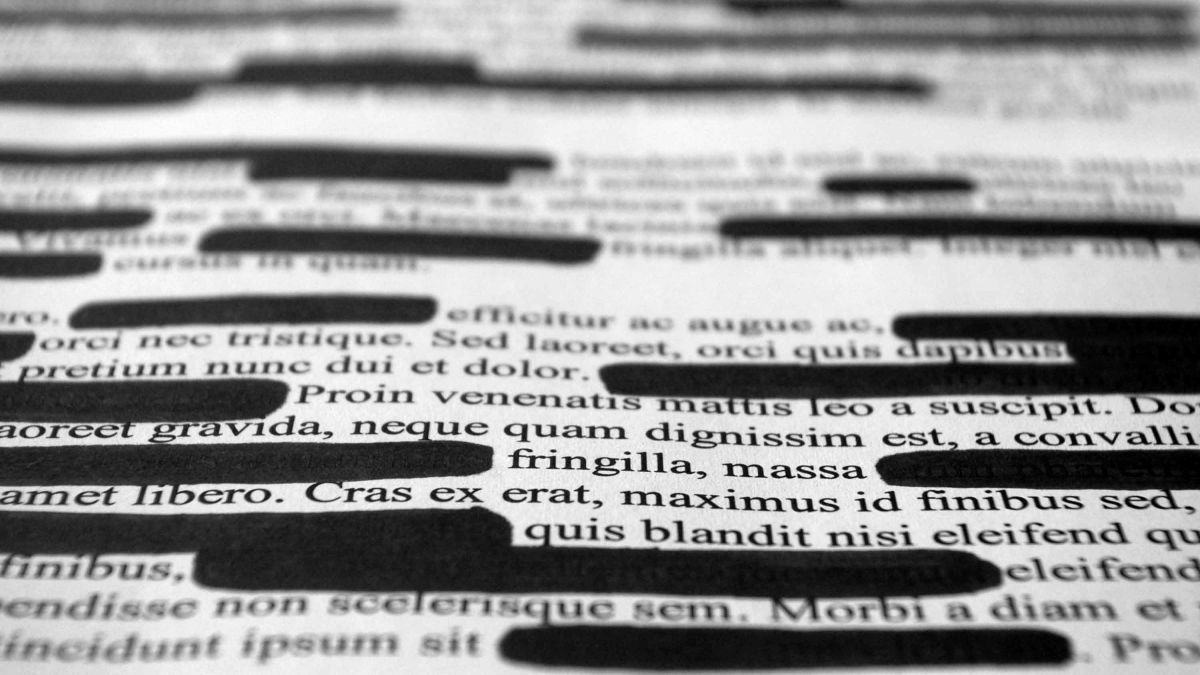What the Left gets Right: Language matters

I'm a writer. I've fought for many years to claim this gifting and have wrestled for over a decade with guilt for "writing while the world's on fire" and "not doing anything actually useful" while things fall apart. After all, poetry is not penicillin. Despite so many friends pointing out that it was a piece of writing that saved their life at one point or a book that made them feel less alone in moments when they really needed to, I persisted in my thinking that my gift was useless and that my deep care for word choice was simply a "matter of semantics," that the only thing I was good at, that I felt God's pleasure while doing, was not only not needed in the world, but antagonistic toward others.
It didn't help that many times, friends would get upset at my "nitpicking" their words when what I was genuinely trying to do was understand their meaning. I'm a very literal person - though I'm also a poet (more on that in a couples months!) - but I also believe that words have specific meanings for a reason. I get that not everyone is as precise as I am--there are structural communicators and figurative communicators and both are valid. But for me, if you mean something other than the word you chose, I think you should choose a different word; otherwise, I may misunderstand you. It can be frustrating to have to be precise, but I would argue it's less frustrating than being misunderstood (if that's your goal).
More than that, though, I believe words are worlds. Words have creative power. After all, "universe" means "one spoken sentence." The children's song "sticks and stones may break my bones but words will never hurt me" is not only half false, but it's one hell of a way to gaslight children. No wonder so many of us grow up to only validate physical pain even though the brain can't always tell the difference between physical pain and emotional pain. I myself didn't believe emotional abuse was a real thing until I was in my 30s even after experiencing it personally. We can't be surprised that so many of us are insensitive, numb, and/or otherwise emotionally unavailable when we indoctrinate generation after generation that words should never hurt them. (Yes, I realize the song goes "words can never hurt me," and that "can" and "should" are not synonymous. But I think it's pretty clear that kids don't parse things that way: I bet thousands of dollars have been spent on therapy sessions undoing the belief formed in childhood that "can" in fact does mean "should").
I say all of this to affirm the concern The Radical Left has about words. Words matter. Language matters. Words have creative power as much as the visual arts, music, or emotional connection does, albeit in a different way. Languages matters so much, in fact, that the Radical Left's attempt to rewrite the dictionary even as it desires to rewrite history is no small thing. It's an attempt at a coup, especially because they are not being explicit about how they are redefining words and then gaslighting people into believing words like "tolerance" have always meant "mandatory celebration" or "justice" has always meant "vengeance."
I advocated for defining words this way, too, before I realized what a grievous error I was making. I was wrong not just because I'm a writer and I should know better than to use words in ways I know my audience isn't or won't understand and pretend all along like they should. It's also such a problem because linguistic theft, which is what the real-time rewriting of the dictionary that we're witnessing in our culture right now is, is akin to the cultural appropriation the Radical Left claims to be against. To be clear, I'm not for cultural appropriation: that is what we're going to talk about next time. In the meantime, we need to be ever more vigilant about how we and the people we're having conversations with are using words: for me, that looks like continuing to press for definitions and asking questions, even if it happens to annoy people. That's a small price to pay for the preservation of language, and thus, our connections to each other.